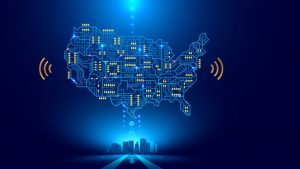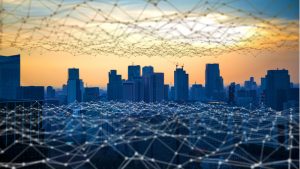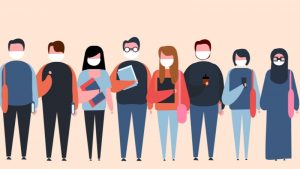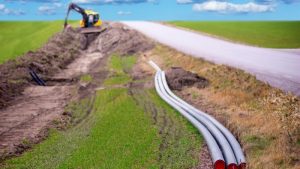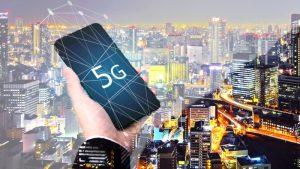Arkansas Governor Asa Hutchinson released the Arkansas State Broadband Map, an interactive tool that allows Arkansans to find broadband providers in their neighborhood and assists state agencies in developing broadband policy.
Reps. Frank Lucas, R-Okla., and Eddie Bernice Johnson, D-Texas, released a new bill that aims to improve science, technology, engineering, math, and computer science (STEM) education in rural communities.
The Federal Communications Commission is seeking public comment on how to best distribute $3.2 billion of funding approved by Congress late last month as part of combined FY 2021 government funding and COVID-19 relief legislation to help low-income Americans access internet services.
After months with no movement and a weekend full of deal-making, Congress is expected to pass a $900 billion COVID-19 relief package as part of a broader Fiscal Year 2021 (FY21) omnibus spending bill. The relief includes a new round of Payment Protection Program (PPP) funding, money for broadband deployment and emergency use, and money to remove banned Huawei and ZTE equipment.
Rep. Abigail Spanberger, D-Va., along with 16 House colleagues in a Dec. 7 letter, called on Senate and House appropriators to prioritize funding for broadband infrastructure projects and reject proposed cuts included in the Senate version of the Fiscal Year (FY) 2021 funding bill.
The COVID-19 pandemic has undoubtedly forced state and local governments to modernize at lightning speed to not only provide government services online, but help residents access the technology they need to socially distance themselves properly.
The Senate Committee on Commerce, Science, and Transportation signed off on three broadband bills during a Nov. 18 business meeting.
The Federal Communications Commission (FCC) needs to gather additional data on how its program that helps ensure universal access to broadband service in rural, remote, and other areas of the country is working, and data to help drive decisions on effective use of available funds, a Government Accountability Office (GAO) report said.
Federal and local government officials are licking their chops over a wide variety of new services – and improvements on existing ones – that 5G wireless infrastructure and services will allow them to bring to citizens, but also cautioned that a lot of work remains to be done on the to get to those goals.
The Federal Communications Commission on Oct. 27 voted to approve action to “reduce regulatory barriers to 5G deployment by further streamlining the state and local government review process for modifications to existing wireless infrastructure that involve excavation and deployment beyond existing site boundaries.”
